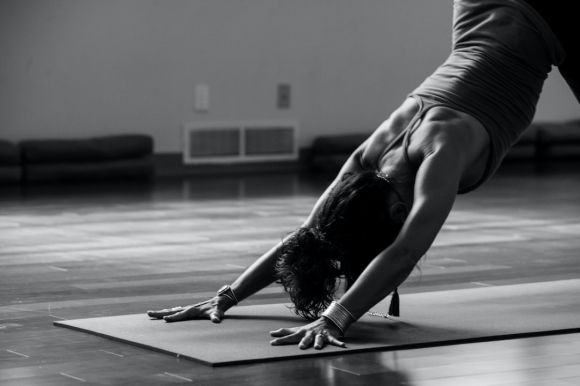In today’s fast-paced and stressful world, finding ways to enhance mindfulness and reduce stress has become more important than ever. One powerful tool that has been practiced for centuries is meditation. Meditation is the practice of focusing one’s mind and achieving a state of calm and relaxation. It can be done in various ways, such as sitting in a quiet room, focusing on the breath, or repeating a mantra. In this article, we will explore the benefits of meditation and how it can help enhance mindfulness and reduce stress.
Improving Mindfulness through Meditation
Mindfulness is the state of being fully present and aware of one’s thoughts, feelings, and surroundings. It is about paying attention to the present moment without judgment. Meditation is a proven technique to cultivate mindfulness. By practicing meditation regularly, individuals can train their minds to be more present and aware. This can lead to a greater sense of clarity and focus in daily life.
One of the ways meditation enhances mindfulness is by promoting self-awareness. During meditation, individuals are encouraged to observe their thoughts and emotions without getting caught up in them. This practice helps develop a non-judgmental attitude towards one’s inner experiences. Over time, this increased self-awareness can extend beyond the meditation cushion and into everyday life, allowing individuals to respond to stressors more skillfully.
Reducing Stress through Meditation
Stress has become a common part of modern life, and its negative effects on both physical and mental health are well-documented. Fortunately, meditation has been shown to be an effective tool for reducing stress. When we meditate, our bodies enter a state of deep relaxation, which triggers the relaxation response. This response counters the physiological effects of stress, such as increased heart rate and elevated cortisol levels.
Moreover, meditation helps individuals develop a greater sense of resilience and equanimity in the face of stress. By practicing mindfulness during meditation, individuals learn to observe their stressors without getting overwhelmed by them. This can lead to a shift in perspective, allowing individuals to respond to stress in a more calm and composed manner.
Tips for Starting a Meditation Practice
If you’re new to meditation, getting started can feel overwhelming. However, with a few simple tips, you can begin your meditation journey with ease:
1. Start with short sessions: Begin by setting aside just a few minutes each day for meditation. As you become more comfortable, gradually increase the duration of your sessions.
2. Find a quiet space: Choose a quiet and comfortable space where you can meditate without distractions. This could be a corner in your home, a park, or even a quiet room at work.
3. Focus on your breath: One of the simplest and most effective meditation techniques is to focus on your breath. Pay attention to the sensation of your breath as you inhale and exhale, allowing it to anchor you in the present moment.
4. Be patient and kind to yourself: Remember that meditation is a practice, and it takes time to develop. Be patient with yourself and approach your practice with kindness and compassion.
In conclusion, meditation is a powerful tool for enhancing mindfulness and reducing stress. By practicing meditation regularly, individuals can cultivate greater self-awareness, develop resilience, and respond to stressors more skillfully. So, why not carve out a few minutes each day to sit in stillness and experience the transformative benefits of meditation?





